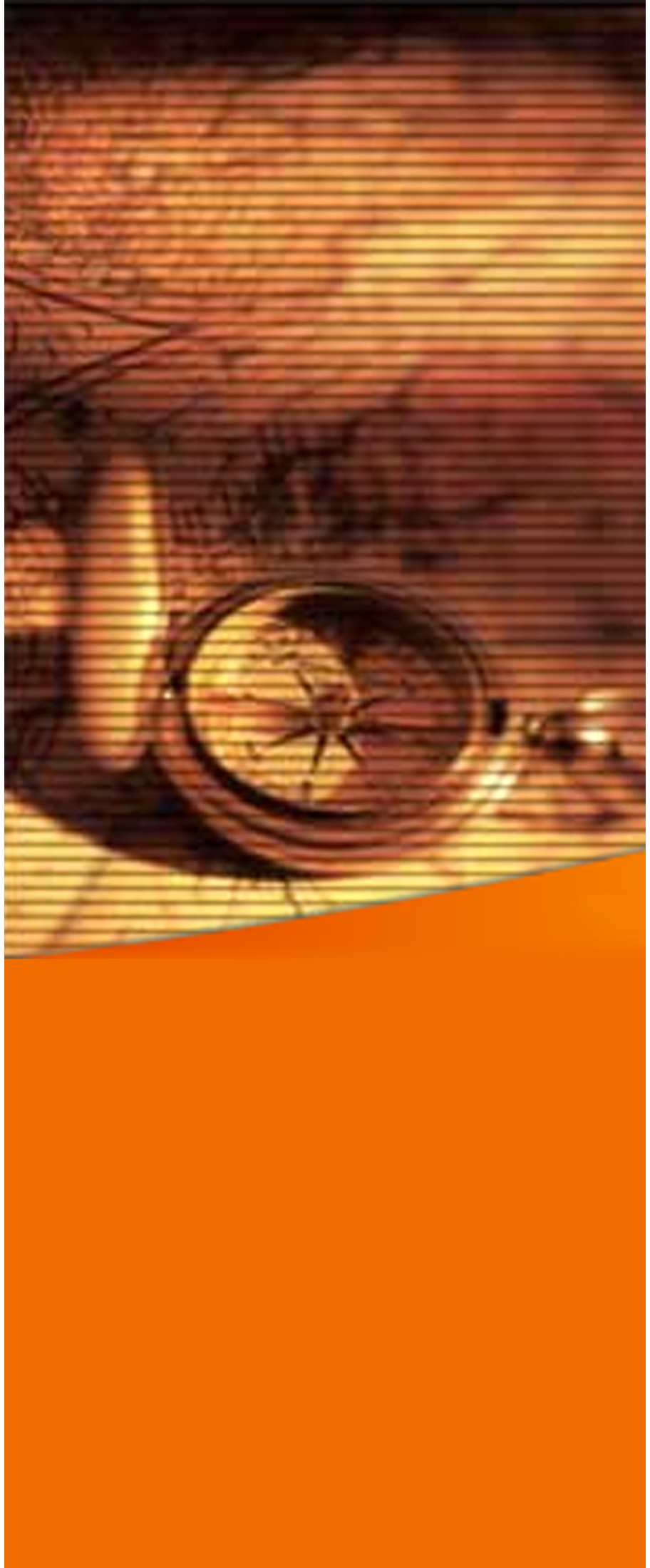
Close Window to Exit
Success Strategies
First Edition, Volume I: August 2006
Part II- English Language Grammar Primer & Exercises
Compound noun phrases are made up of two or more noun phrases that fill the same grammatical role. It is the compound subject, direct object, indirect object, subjective complement, objective complement, or object of the preposition.
Examples: Francine went to the store. + My cousin Roberta went to the store. =
Francine and my cousin Roberta went to the store. (compound subject NP)
At DLI, you will be a student. + You will also be a service member. =
At DLI, you will be both a student and a service member. (compound subject complement NP)
I’d like pepperoni pizza for supper. + I wouldn’t mind ravioli either. =
I’d like either pepperoni pizza or ravioli for supper. (compound direct object NP)
I gave Uncle Harold a present. + I gave Rita one, too. =
I gave not only Uncle Harold, but also Rita a present. (compound indirect object NP)
I didn’t share my cell with a murderer. + I didn’t share it with a killer, either. =
I shared my cell with neither a murderer nor a killer. (compound object of preposition NP)
Compound verb phrases are made up of two or more verb phrases that share the same subject. If the verb phrases contain the same auxiliary verb, that auxiliary verb will normally appear once.
Examples: One-eyed Joe viciously shot the sheriff. + However, he didn’t kill him. =
One-eyed Joe viciously shot, but didn’t kill the sheriff. (compound VP)
The dog was washed. + The dog was dried. =
The dog was washed and dried. (compound VP)
Compound prepositional phrase are usually two or more adverbial phrases that modify the same verb. When two similar prepositional phrases modify the same noun, pronoun, or noun equivalent, the phrases are usually combined into one phrase with a compound object of the preposition.
Examples: I like to play in the infield. + I can also play in the outfield. =
I can play either in the infield or in the outfield. (compound PP)